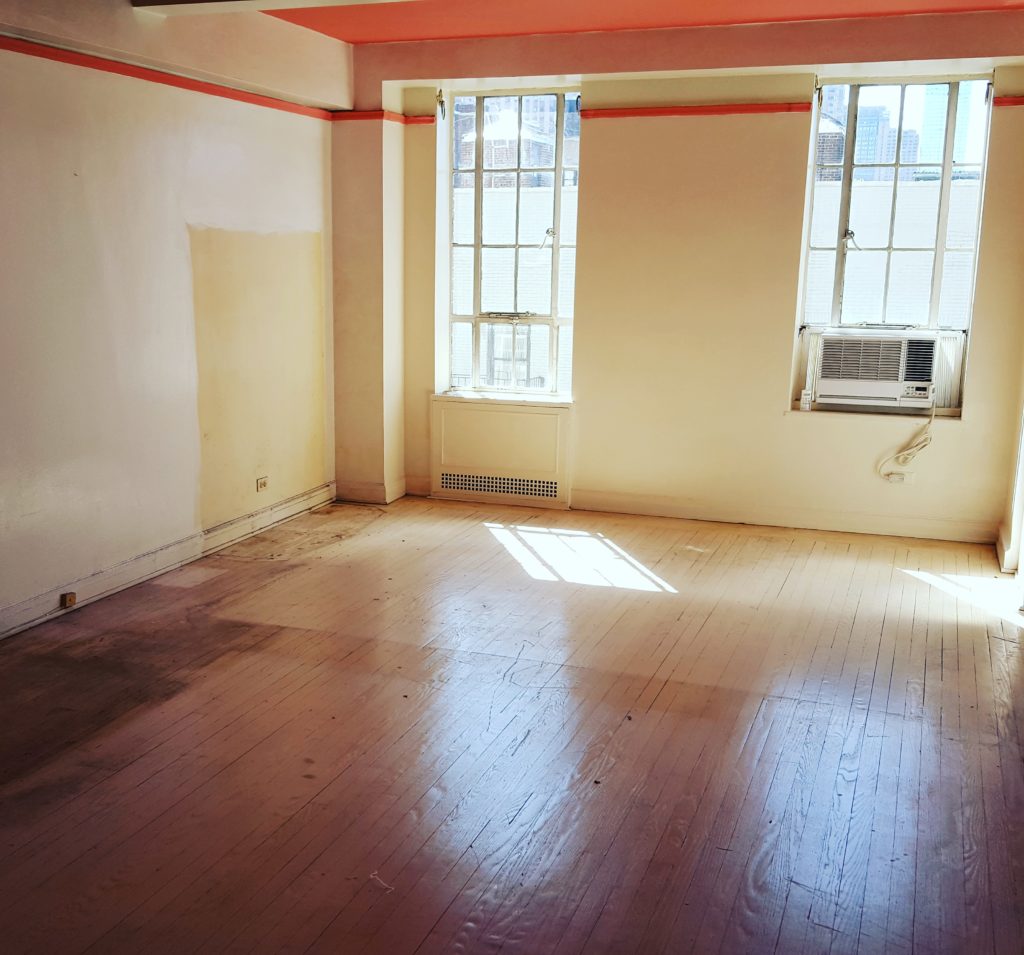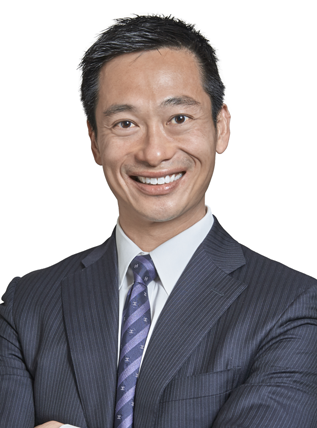Legal and tax tips when buying New York property
Posted by Wei Min Tan on September 7, 2023
Legal and tax issues are top concerns of our global investor clients when deciding whether to invest in New York property. Getting proper advice from the beginning is so important. Yet, we know that many investors do not seek proper counsel and hence do not structure their property holdings properly or understand tax ramifications until it is too late.
For the benefit of global investors out there, the below is an interview with Timothy Wong, who is a lawyer and Certified Public Accountant, regarding some of the top concerns of investor clients. This is not meant as legal advice since individual situations differ, always consult your lawyer and accountant for advice specific to your situation.
Contact: tan@castle-avenue.com
Learn more about Wei Min in Best New York property agents and Role of a buyer’s broker.
What are your legal and tax areas of focus?
I am the Principal Attorney at Law Offices of Timothy K. Wong, PLLC. In terms of my practice, I focus on real property transactions, both residential and commercial purchases and sales as well as commercial leases. I am also a tax attorney and Certified Public Accountant (CPA), so I understand the tax ramifications regarding domestic and international transactions. I also focus on tax audits and trusts and estates.
Any observations on clients investing in New York property?
New York has always been a dream destination of people from all over the world. Be it for employment, social, family and of course real estate investment reasons. Investors are interested in the ability of New York real property to not only retain but also to appreciate in value.
New York City has five boroughs, but the borough of Manhattan is a focus of many investor clients because they feel that Manhattan will have better valuations and hold value better. They will generally make their real estate investments based on valuations and not on emotion. Although some emotion is always in the mix.
From a bird’s eye view, many investors will have an idea of how long they want to rent out the property and then at what point they want to sell. They may have an idea to buy then rent and then to have their children or grandchildren stay in the property. As investors get older they will then plan to pass the property on to their heirs or sell at that point.
Deal example (below): Foreign investor client’s condo in Tribeca which has always been rented out at strong rents since the purchase. We look for a high demand building with strong rental yield. Then we market for rent as soon as possible after the purchase is complete.
Weimin’s article, Buying Manhattan apartment to rent out.

How about observations when working with foreign clients?
I have been fortunate that I have worked with many foreign clients and they come referred by real estate brokers.
Foreign clients will pay attention to all tax consequences especially the US estate and gift taxes which can be as high as 40%. On top of that, many states including New York have a state estate tax which can top out at 16%. So the stakes are high for proper estate planning when it comes to foreign investors. Domestic investors are not as concerned since they would have an estate tax exemption on property up to $12.92 million.
Withholding taxes, as high as 15% of the gross sales prices, are also a concern.
When investing in New York property, how are the rules different for foreign vs local clients?
The key word is “investing.” Foreign and domestic objectives will converge when discussions are about return on investment (ROI) and valuations.
Foreign buyers though may have a more practical reason to invest in New York property and US property. They feel it is a good place to diversify their holdings so as to reduce risk at the local country level perhaps politically. A recent example of this is the Peruvian family that invested $27 million in condos at Waterline Square. They felt it was a good place to diversify and put their cash into a relatively safe place amid the COVID 19 pandemic.
Deal example (below): Represented investor client in purchasing and then renting out this condo in Downtown Manhattan. 17 feet ceilings and double exposure to the South and West make the space very large and airy. Property is one block south of World Trade Center.
Weimin’s article, Investing in New vs Resale apartment in Manhattan.

Any advice for investor clients on how they should structure property holdings for liability protection and from a tax efficiency standpoint?
I always tell clients, if they are looking for anonymity, to use a limited liability company (LLC) and then to use a manager to execute the documents. Although there are new laws that require disclosure of the ultimate beneficiaries of an LLC it is not as easy to obtain. This provides one level of anonymity. The LLC can also be owned by an offshore entity or trust. NYC will still require some ultimate owner’s name but a trustee may be named in that capacity.
What are tax implications for foreign investor clients and how does it differ vs local buyers?
The capital gains tax for both foreigners and local buyers at the federal level is the same rate, 15%-20%. There may be some treaty exemptions but they are generally the same.
Mortgage taxes and transfer taxes are also the same. The differences are in the withholding taxes upon a sale as well as estate and gift taxes. The withholding taxes can be 15% of the gross sales price. The estate and gift tax liability, as stated above, for foreigners are significantly greater as US residents have a large exemption while foreigners do not.
Deal example (below): Investor client’s pre-war condo close to Central Park. We got a good deal and renovated the apartment. It was rented in a week! Refer before and after photos below.
Weimin’s article, Investing in a Pre War condo in Manhattan


How is the tax treatment for foreign investors and do you think it’s reasonable, compared to other countries’ tax treatment of foreign investors?
The US wants to insure that it collects its fair share from foreign investors so that the burden does not fall on just local buyers and sellers.
The capital gains tax rate is the same for both foreigners and locals. Even though there is a withholding tax for the foreigner, they can file for a refund.
Other countries such as the United Kingdom, Canada and Japan have a much higher tax burden.
Any mistakes you see investors making, from a legal and tax perspective?
Investors sometimes want a lower mortgage rate so they misrepresent that they will be using the condo as a primary residence. This is actually mortgage fraud. LLCs are treated as investors by the mortgage banks so the rate is slightly higher. This should not be a reason to not use an LLC.
Ditto for not using an LLC due to the additional administrative costs of setting up and maintaining the LLC.
In a recessionary environment such as during COVID 19, should investors do anything differently vs during a normal economic environment?
Investors should pay attention to the appraisals so that the bank will approve the mortgage. Also, as many courts and recording clerks were closed, buyers should be mindful of liens and liabilities incurred during the closures.
Weimin’s article, How Manhattan apartments perform during recessions.
What are the major risks associated with owning property, from a legal and tax standpoint?
The major risks are valuation dropping and general liability associated with accidents. Valuation fluctuations are normal especially in a financial crisis such as back in 2008. A terrorist attack such as the Sept 11 attacks also temporarily reduced valuations. The COVID pandemic also had an impact.
Legally if you own a property in your personal name you can be sued personally, and all your personal assets will be at risk. As has happened many times, a simple slip and fall accident can cost a property owner large amounts of money. Even if you have insurance you still have to push the insurance company to settle. Therefore it is a good choice to form an LLC or corporation to hold the property. In NYC you may also have a small tax benefit of using an LLC.
In terms of deciding between an LLC or a corporation, again there is a slight income tax benefit for LLCs in NYC but you can control your distributions better using a corporation. The corporate tax rate has been reduced to 21% so this may be a viable alternative.
Timothy Wong is Principal Attorney at Law Offices of Timothy K Wong, PLLC in Manhattan, New York. Prior to starting his legal practice, Tim worked in the hedge fund industry where he gained significant international experience. In addition to English, Tim also speaks Mandarin and Cantonese Chinese. Tim enjoys running and lives in Downtown Manhattan with his family. He can be reached at twong@tkwlaw.com.
What We Do
We focus on global investors buying Manhattan condos for portfolio diversification and long term return-on-investment.
1) Identify the right buy based on objectives
2) Manage the buy process
3) Rent out the property
4) Manage tenants
5) Market the property at the eventual sale
Article updated Sept 7, 2023
Follow On Instagram








































